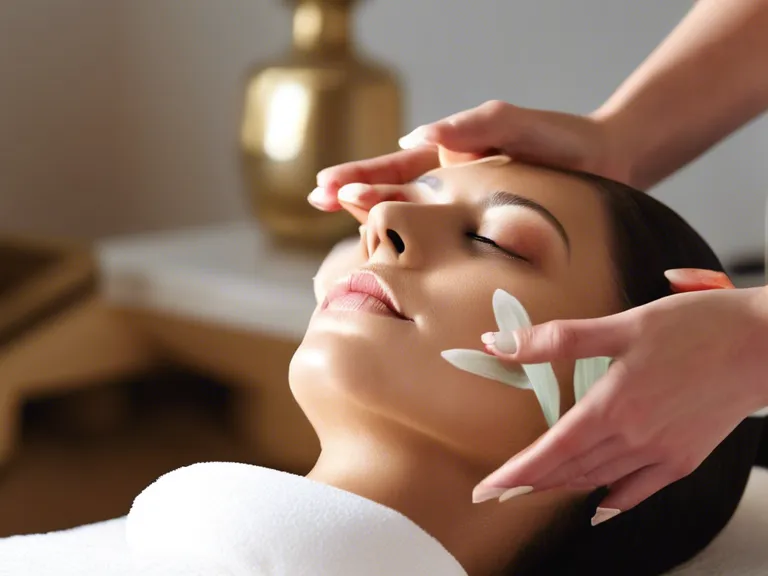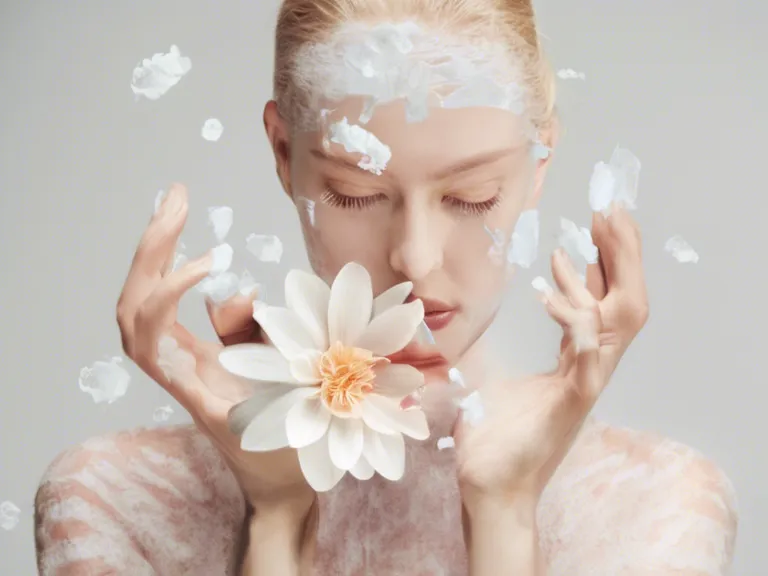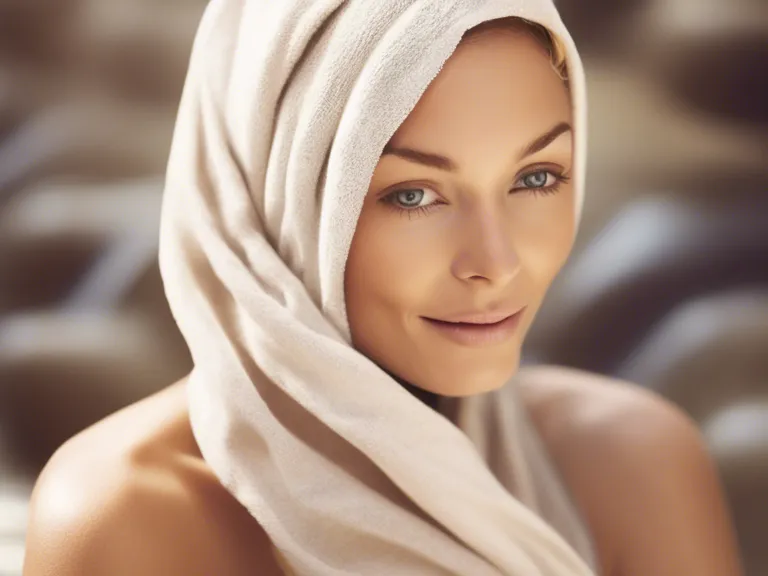
In today's fast-paced world, the importance of self-care and wellness rituals cannot be overstated. As we strive to find balance and harmony in our lives, the fusion of traditional practices and modern beauty trends offers a holistic approach to overall well-being. From ancient healing techniques to cutting-edge skincare routines, these wellness rituals provide a time-honored way to nourish both our bodies and minds.
One of the most popular traditional practices that have gained prominence in recent years is the use of essential oils for aromatherapy. Whether diffused in the air or applied topically, essential oils have been used for centuries to promote relaxation, reduce stress, and improve overall mood. Aromatherapy not only offers a sensory experience but also has therapeutic benefits that can enhance physical and emotional well-being.
Another traditional practice that has made a comeback in the wellness world is the use of herbal remedies. From teas and tinctures to skincare products, herbs have long been valued for their healing properties. Today, herbal medicine is being integrated into modern beauty trends, with ingredients like chamomile, lavender, and calendula becoming popular for their anti-inflammatory and antioxidant benefits.
In addition to traditional practices, modern beauty trends such as facial cupping, gua sha, and jade rolling have become favorites among skincare enthusiasts. These techniques, rooted in ancient Chinese medicine, are believed to promote circulation, reduce puffiness, and enhance the skin's natural radiance. When combined with a consistent skincare routine, these practices can have a transformative effect on one's complexion.
As we continue to navigate the complexities of daily life, incorporating wellness rituals into our routines can provide a welcomed respite from the chaos. By embracing the fusion of traditional practices and modern beauty trends, we can tap into the timeless wisdom of the past while reaping the benefits of cutting-edge innovations. Ultimately, the integration of these diverse approaches allows us to cultivate a deeper sense of self-care and holistic well-being.



